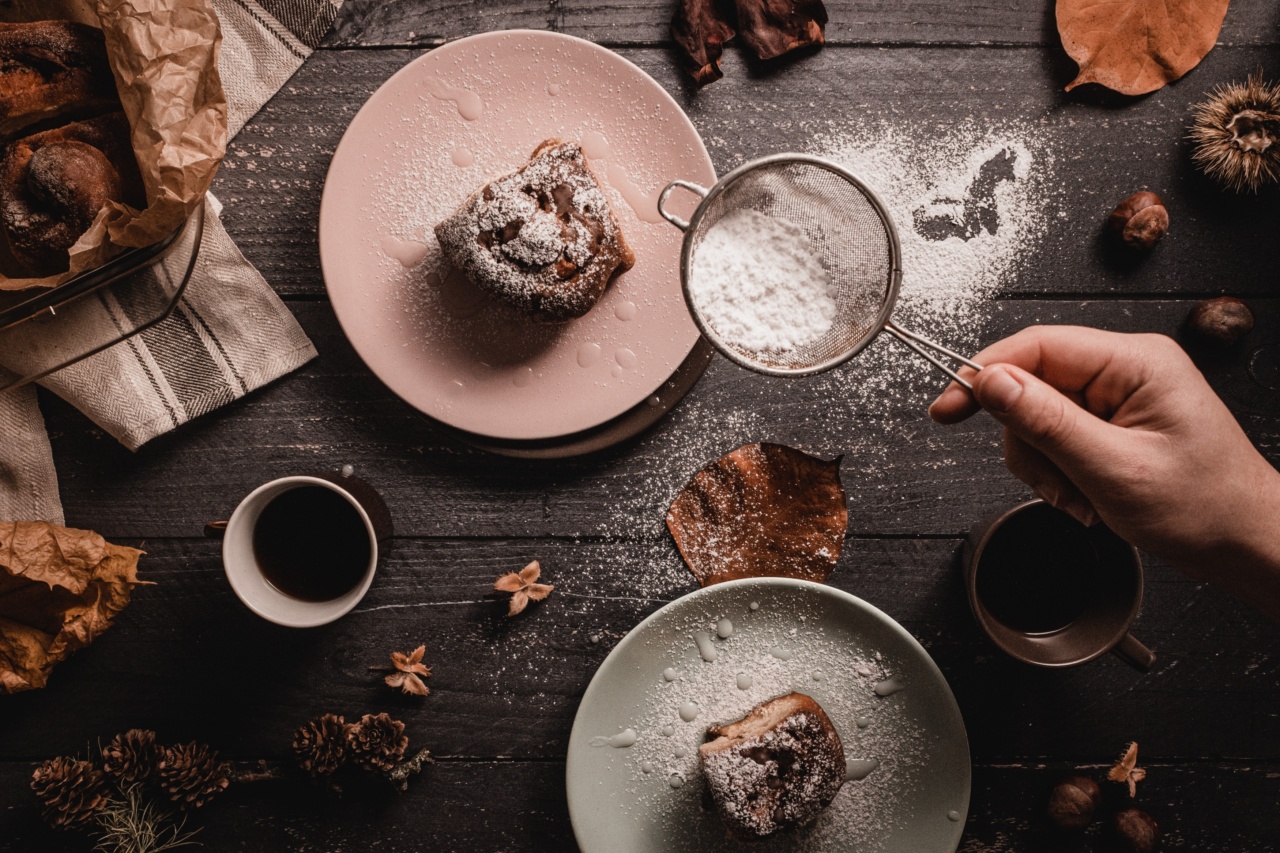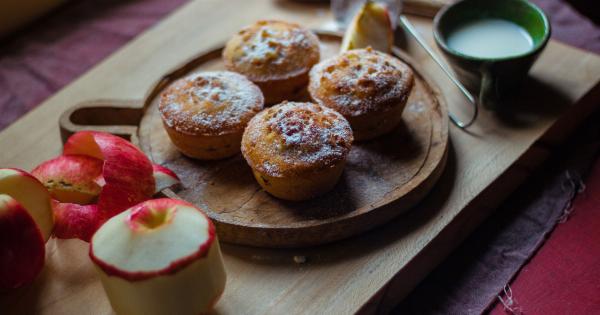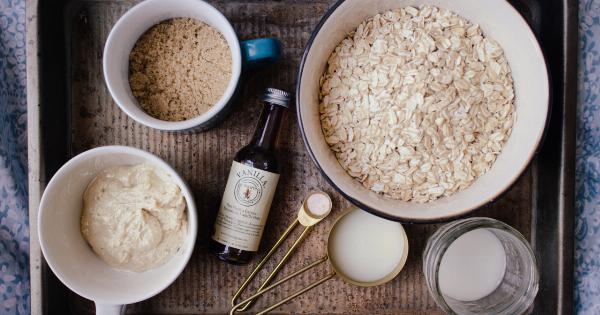Sugar is often associated with desserts and candies, but you might be surprised to learn that it can be found in many everyday foods and drinks.
While indulging in a sweet treat occasionally is fine, consuming excessive amounts of sugar can have negative effects on your health. In this article, we will explore some common foods and drinks that pack a sweet punch, potentially adding unwanted sugar to your diet.
1. Yoghurt
Yoghurt is often perceived as a healthy snack or breakfast option, but many popular brands of yoghurt contain high amounts of added sugars. Flavored yoghurts, especially those with fruit on the bottom or mixed in, can have surprising amounts of sugar.
Additionally, even some plain yoghurts may have added sweeteners to enhance taste. It’s important to read the labels and choose yoghurts that are low in added sugars or opt for plain yoghurt and add your own natural sweeteners, such as fresh fruits or honey.
2. Granola Bars
Granola bars are often marketed as a nutritious snack, but they can be loaded with hidden sugars. Many granola bars are made with sweeteners like honey or maple syrup, which can significantly increase the sugar content.
Additionally, some brands add chocolate chips, dried fruit, or sugary coatings, further adding to the sweetness. Opt for granola bars with lower sugar content or consider making your own at home using healthier ingredients.
3. Salad Dressing
When trying to eat healthy, salads are a common choice. However, many people overlook the hidden sugar in salad dressings. Some store-bought dressings contain added sweeteners to balance out the tanginess or acidity of the dressing.
To reduce your sugar intake, look for dressings with no added sugars or make your own using vinegar, oil, herbs, and spices.
4. Fruit Juice
Fruit juice is often thought of as a healthy alternative to soda, but it can actually be packed with sugar.
While natural juices contain some vitamins and minerals, they also contain a high concentration of fructose, the naturally occurring sugar in fruits. When juiced, the fiber from the fruit is removed, leaving behind the sugar. It’s best to limit fruit juice consumption and opt for whole fruits instead.
5. Bottled Smoothies
Similar to fruit juice, bottled smoothies may seem like a nutritious choice, but they often have added sugars. Some smoothies contain fruit concentrates, artificial sweeteners, or sweetened yoghurt to enhance flavor.
Additionally, the portion sizes of bottled smoothies are often larger than what is recommended for a healthy serving. To control your sugar intake, make your own smoothies using fresh fruits and vegetables or choose ones with no added sugars.
6. Cereal
Breakfast cereals can be deceiving when it comes to sugar content. Many popular cereal brands cater to the sweet tooth by adding generous amounts of sugar to their products.
Even cereals marketed as “whole grain” or “healthy” may contain high levels of added sugars. Read labels carefully and choose cereals with lower sugar content or opt for plain cereals and add some fresh fruits for natural sweetness.
7. Energy Drinks
Energy drinks are known for their high caffeine content, but they are also loaded with sugar.
These beverages are often marketed towards athletes or those in need of an energy boost, but the sugar rush they provide is short-lived and can lead to energy crashes later on. If you need an energy boost, opt for alternatives like black coffee or green tea, which are lower in sugar and have additional health benefits.
8. Flavored Coffee and Tea
Flavored coffees and teas are popular choices for those who enjoy a little extra flavor in their hot beverages. However, these flavored options often come with added syrups or sweeteners, which can significantly increase the sugar content.
If you prefer flavored coffee or tea, consider using natural flavorings like cinnamon or vanilla extract instead of relying on sugary syrups.
9. Condiments
Condiments like ketchup, barbecue sauce, and sweet chili sauce can all be culprits of hidden sugars. These sauces are often used to add flavor to meals but can contribute to your daily sugar intake.
Pay attention to the labels and choose condiments with no added sugars or make your own healthy versions using fresh ingredients and natural sweeteners.
10. Flavored Water
Staying hydrated is important, but some flavored water brands contain added sugars or artificial sweeteners. These beverages may seem like a healthier alternative to sugary sodas, but they can still contribute to your sugar consumption.
Opt for plain water or infuse it with natural flavors like lemon, cucumber, or mint.
In Conclusion
It’s important to be mindful of the sources of sugar in your diet. While some foods and drinks may seem innocent, they can pack a surprisingly sweet punch.
Reading labels, making homemade versions, and opting for natural sweeteners can help you reduce your daily sugar intake and support your overall health and wellbeing.





























